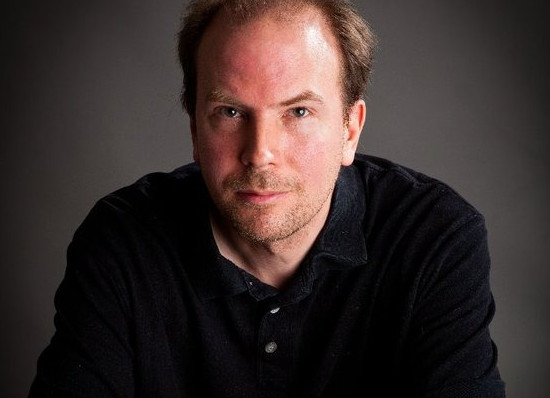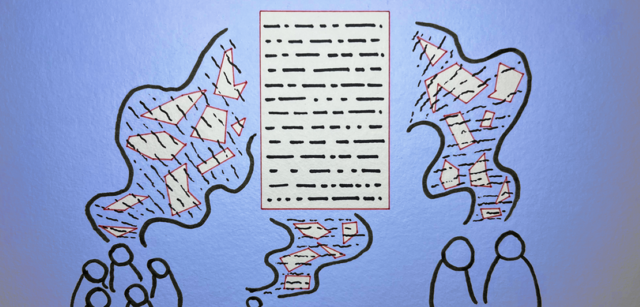< Back to news
🇪🇺 Strategic Priority for the EU and NL
Quantum and photonics have been marked as key technologies in the Dutch National Technology Strategy, and heavily supported at the EU level through Horizon Europe. With strong public-private partnerships and an active role for the applied sciences sector, the Netherlands is in a strong position to lead. 


June 15
Quantum Tech Moves from Lab to Life – Dutch Universities of Applied Sciences Lead the Way
From theory to impact: how the Netherlands is accelerating quantum innovation
The Netherlands, like the rest of Europe, aims to become a global frontrunner in quantum technology and photonics. But true leadership requires more than cutting-edge research—it demands real-world applications. That’s where universities of applied sciences (hogescholen) are stepping in to bridge the gap between lab and society.
From Breakthroughs to Solutions
During a recent symposium on nanotech, quantum and photonics at the Amsterdam University of Applied Sciences, Jetske Verkerk (Ministry of Economic Affairs and Climate) stressed: “We need more than fundamental research. Companies are asking for applied innovation and talent that’s ready to deliver from day one. That’s where universities of applied sciences are essential.”
During a recent symposium on nanotech, quantum and photonics at the Amsterdam University of Applied Sciences, Jetske Verkerk (Ministry of Economic Affairs and Climate) stressed: “We need more than fundamental research. Companies are asking for applied innovation and talent that’s ready to deliver from day one. That’s where universities of applied sciences are essential.”
First Applications Taking Shape
From sensors that detect plant diseases to photonic chips that analyse medical samples, Dutch students and researchers are already working on early-stage solutions using quantum and photonics. These projects are developed in collaboration with startups, technical universities and vocational institutes—supported by national innovation programs such as Quantum Delta NL and PhotonDelta.
From sensors that detect plant diseases to photonic chips that analyse medical samples, Dutch students and researchers are already working on early-stage solutions using quantum and photonics. These projects are developed in collaboration with startups, technical universities and vocational institutes—supported by national innovation programs such as Quantum Delta NL and PhotonDelta.
🇪🇺 Strategic Priority for the EU and NL
Quantum and photonics have been marked as key technologies in the Dutch National Technology Strategy, and heavily supported at the EU level through Horizon Europe. With strong public-private partnerships and an active role for the applied sciences sector, the Netherlands is in a strong position to lead.
Why It Matters
“This is a societal shift on par with the rise of the mobile phone,” Verkerk said. “We are on the brink of something transformative.” Applied universities ensure these innovations don’t remain stuck in the lab, but actually reach businesses, professionals and society at large.
“This is a societal shift on par with the rise of the mobile phone,” Verkerk said. “We are on the brink of something transformative.” Applied universities ensure these innovations don’t remain stuck in the lab, but actually reach businesses, professionals and society at large.
Vergelijkbaar >
Similar news items

August 22
AI outwrites bestselling fantasy authors in short story challenge
A writing contest between humans and machines ended with a surprise: the top-rated story was written by AI, much to the dismay of fantasy author Mark Lawrence.
read more >

August 22
AI assistance may reduce doctors’ diagnostic sharpness
Doctors who rely on AI may become less accurate at spotting early signs of illness. New research highlights the risk of “deskilling” in medical AI use.
read more >

August 22
AI supports more diverse news exposure and healthier public debate
News sites often show content that confirms what you already believe. AI can help surface alternative perspectives, and strengthen public debate.
read more >